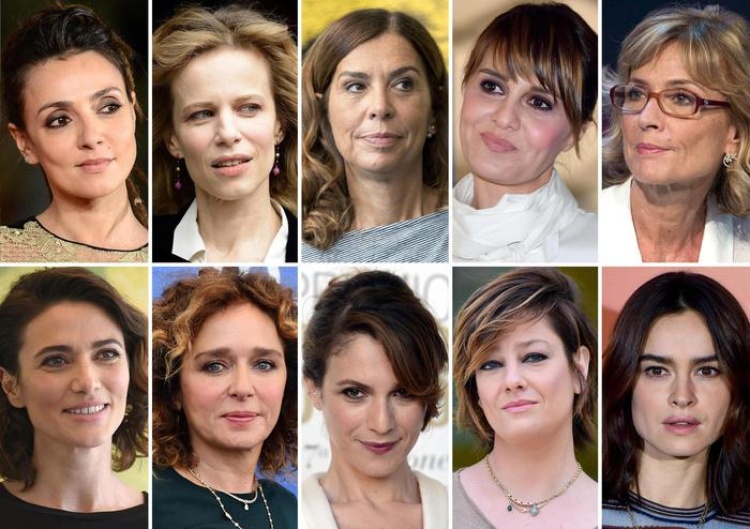Among the 124 women who signed the letter were Valeria Golino, Giovanna Mezzogiorno, Isabella Ferrari, Cristiana Capotondi, Isabella Ragonese, Ambra Angiolini, Paolo Cortellesi, Sabina Impacciatore, the Comencini sisters, Jasmine Trinca and Alba Rohrwacher.
The letter, a manifesto entitled Dissenso comune (roughly translating to “collective dissent”), is a call for a change not only in Italy’s film industry, but in workplaces at all levels of society.
The letter comes after two months of meetings and its aim to ensure that the #MeToo movement in Italy does not start and end with a handful of isolated testimonies.
The women behind the document said it was also an “act of solidarity” for those who had already made public accusations.
However, Italian actress Asia Argento, who was at the forefront of the global #MeToo movement, took to Twitter to share her dissatisfaction with the manifesto, which she refused to sign.
“I'm waiting for concrete gestures, the things we did first: denouncing, helping each other, sharing the trauma, taking to the streets, shouting a true dissent against the patriarchy. Then we can finally unite and really fight together,” she wrote.
Ms Argento, who was one of the first actors to publicly accuse Harvey Weinstein of sexual abuse, briefly moved to France to escape a national backlash against her revelation.
With ANSA












